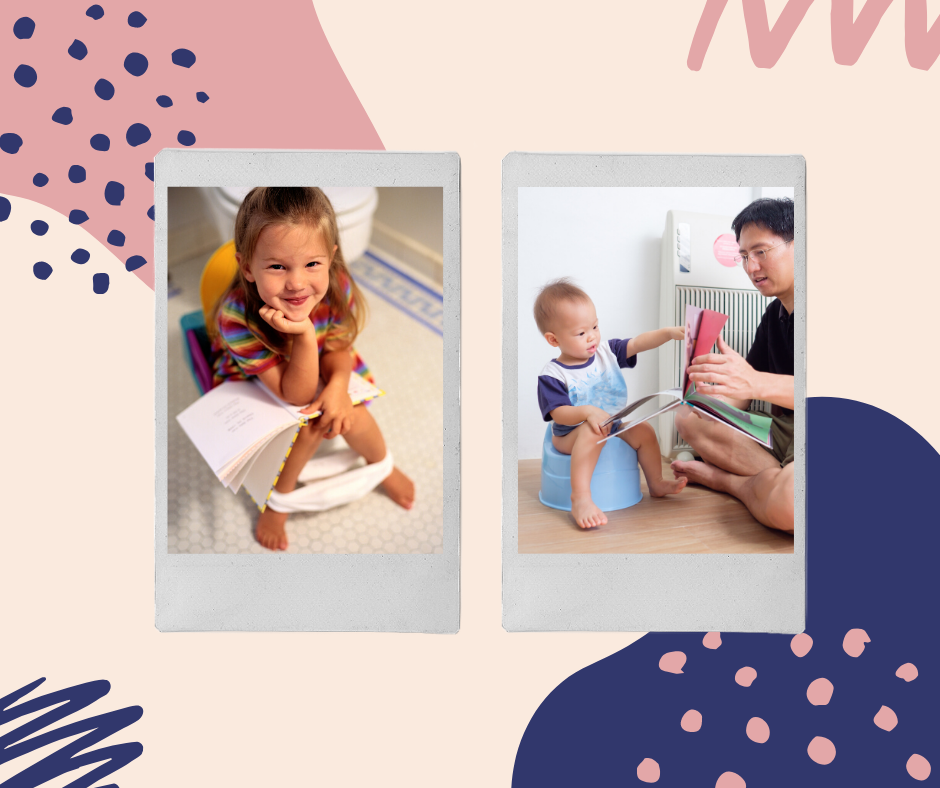One tip for potty training and EC…
that may just change how you approach the whole thing: Treat it like brushing their teeth.
Start early: Like with potty training, if you try to start brushing their teeth when they are 3, 4 or older then you will no doubt be met with a resistant and strong-willed toddler. Start early, when they’re keener to copy what we do and do what we say, instead of when they’re at the peak of the individuation phase (usually 2.5 - 3 years old) and will say NO to any request big or small. (This is why EC is so great – you start easy and gentle as early as birth so when the time comes to ditch nappies, using the toilet is a normal, gradual process.)
One day they won't like it: Regardless of when you started at some point they actively dislike it. However, we know what’s best for them so we persevere. We don’t give up the first time they run away with their mouth closed, worried we might've damaged them...
Because both potty training and toothbrushing are a matter of hygiene & health. We want to establish good life-long habits from the beginning. Yes, it is invasive at times – either because we have to hold the toothbrush in their mouth or because we need to help them wipe properly – and toddlers generally don’t like an adult doing things to them that they think they can do themselves.
We can't force them: yet it's our job to make sure they do it. You can’t force a child to sit on a potty any more than you can force them to open their mouth and stick a toothbrush in. Getting into a battle of wills, twice a day (or 5 times a day for pottying) is emotionally draining, frustrating and exhausting. It’s not fun for anyone. So we have to make it fun and be creative – some of us sing songs, or we may pretend the toothbrush is a dinosaur, or recite the alphabet – anything that makes your little one smile and open wide. Equally, with potty training, 9 times out of 10 the best course of action is to see the humorous side and use play & games to elicit cooperation.
The readiness advice is just wrong: “Don't do it too early because they’re not emotionally ready” or you might damage them. So for toothbrushing, you'd have to wait for them to want to brush their teeth, tell you about it and be able to do it on their own. Well, you may be waiting for 4, 5 or more years and by then the risk of tooth decay is just not worth it. It’s our responsibility to get them started, help them as little as they need and then allow them to take control. Same with potty training. The increased risk of soiling, wetting, UTIs and constipation after 36 months is in my opinion just not worth the wait.
And a final thought...
Just because something is common, doesn’t mean it’s normal.
A few years back, it was recommended to give infants and babies fruit juice in their bottle. The results were, naturally, cavities and baby bottle tooth decay. Just because it was based on common parenting advice and most children suffered from it, it didn't mean it was normal. Today parents are told that daytime potty training can take months to complete and that nighttime training shouldn’t start before they’re four(ish). The results are that persistent bedwetting has become a common occurrence until age 5 and beyond, to the point where parents now assume it’s part of normal development. I'm not judging parents here, but the advice we've been given!
